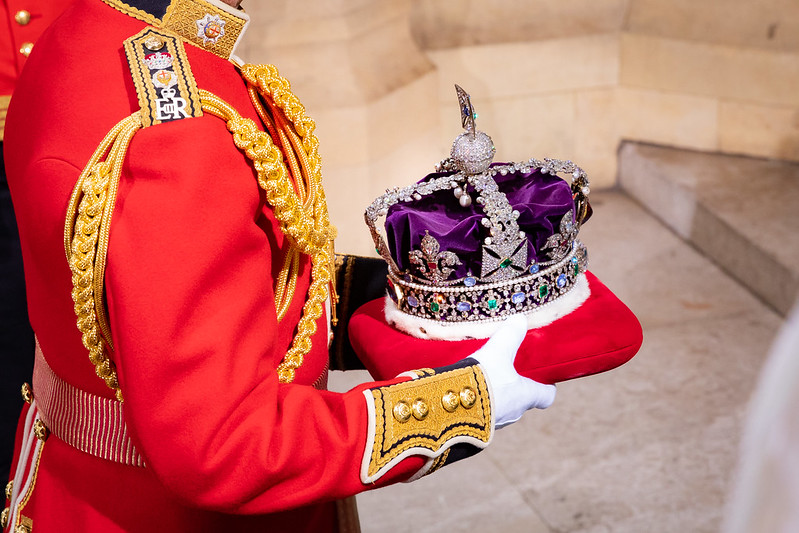19 December 2019 | UK NEWS
Her Majesty the Queen has today delivered the second Queen’s Speech of 2019, coming only two months after the previous one on October 14, prior to the dissolution of the last Parliament for the General Election. The full text of the speech can be read here.
The speech, written by Boris Johnson’s new Government, confirms the legislative route towards leaving the European Union on 31st January 2020, while also stressing the need to restore the power-sharing arrangement at Stormont. The latter is, after all, integral to the principle of continuing democratic consent within Northern Ireland that is enshrined in the Prime Minister’s new Withdrawal Agreement and Political Declaration.
The new Government’s legislative programme is described as dealing with “the people’s priorities”, involving further investment in the NHS (including putting its new multi-annual funding agreement into law), creating more jobs in healthcare and social care, and raising per-pupil funding in schools to boost the UK’s education system. It also introduces the Australian-style points-based immigration system that is destined for the country once the post-Brexit transition period is over.
A general commitment to “invest in the country’s public services and infrastructure whilst keeping borrowing and debt under control” was also included, which has been a fairly standard Conservative Manifesto and Queen’s Speech statement over the past decade since New Labour were removed from power in 2010. The Government’s target of net-zero carbon emissions from the UK by 2050 was also re-affirmed.
Other commitments included enshrining the Armed Forces Covenant in law, establishing a “Constitution, Democracy and Rights Commission” – whose exact purpose thus far remains unclear – and, in a move that will surely be music to the ears of many, the repeal of the Fixed-Term Parliaments Act 2011.
Crucially, this latter move will also return to the Queen her ability to dissolve Parliament herself, should she so desire. This power was only removed from her by section 3(2) of the FTPA 2011, and its repeal will restore the original constitutional balance prior to the Coalition Government’s rise to power.
The speech concluded by announcing an “Integrated Security, Defence and Foreign Policy Review to reassess the nation’s place in the world”, hinting that Britain’s approach to dealing with other nations on the world stage is set to change, perhaps significantly, in the post-Brexit era and with Boris Johnson’s new, firm majority of 80 seats in the House of Commons. The last such review, which had less of a focus on foreign policy, was conducted in 2014.
This time around, the particular emphasis appears to be laid on promoting Britain’s own interests around the globe, while also working closely with other nations to tackle human rights abuses and promote development across the world. Indeed, the speech ended with the line that Britain will be “working to ensure that all girls have access to twelve years of quality education”.
We will bring you further developments on the implementation of these policies by the new Government as it begins to bed in after the Christmas period.

























